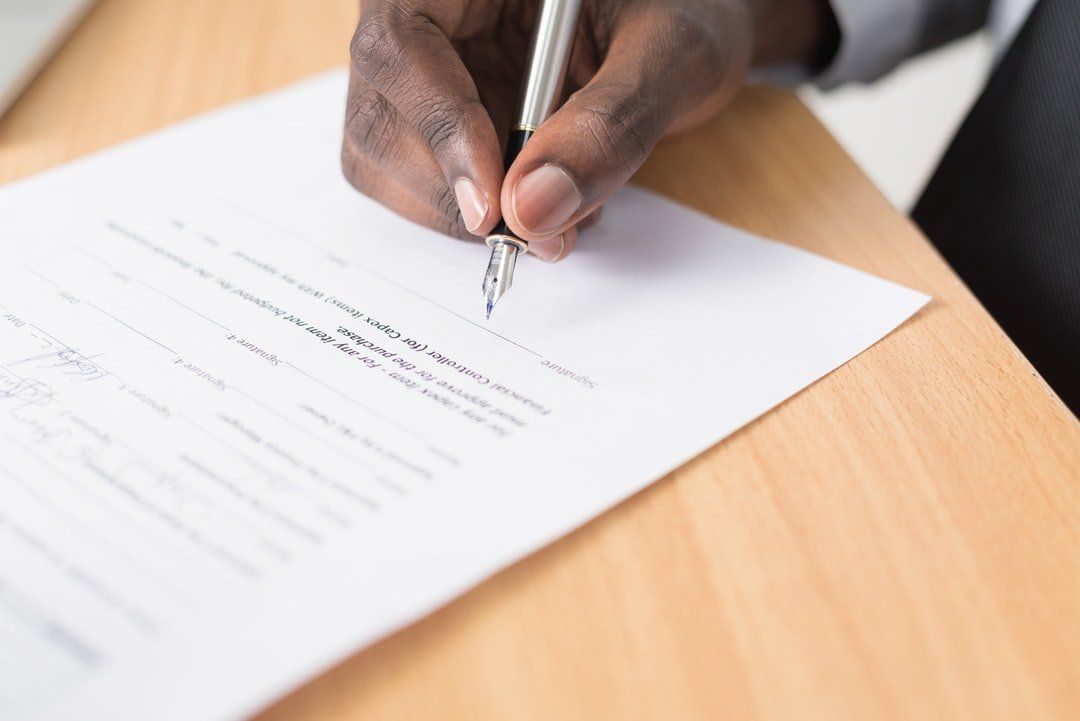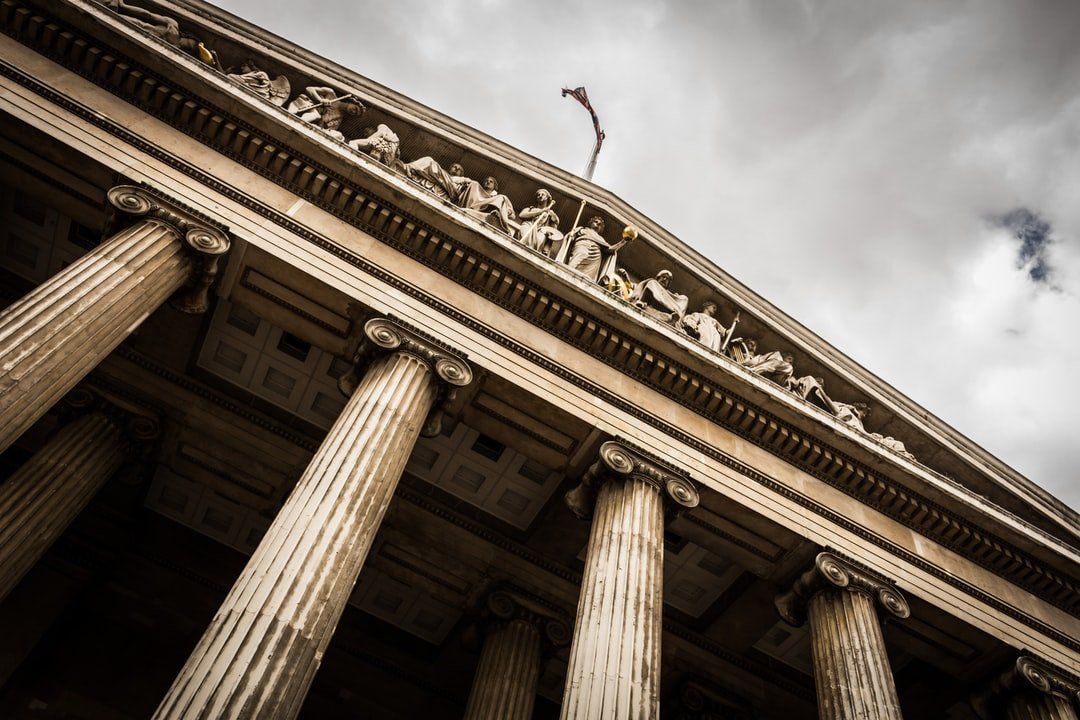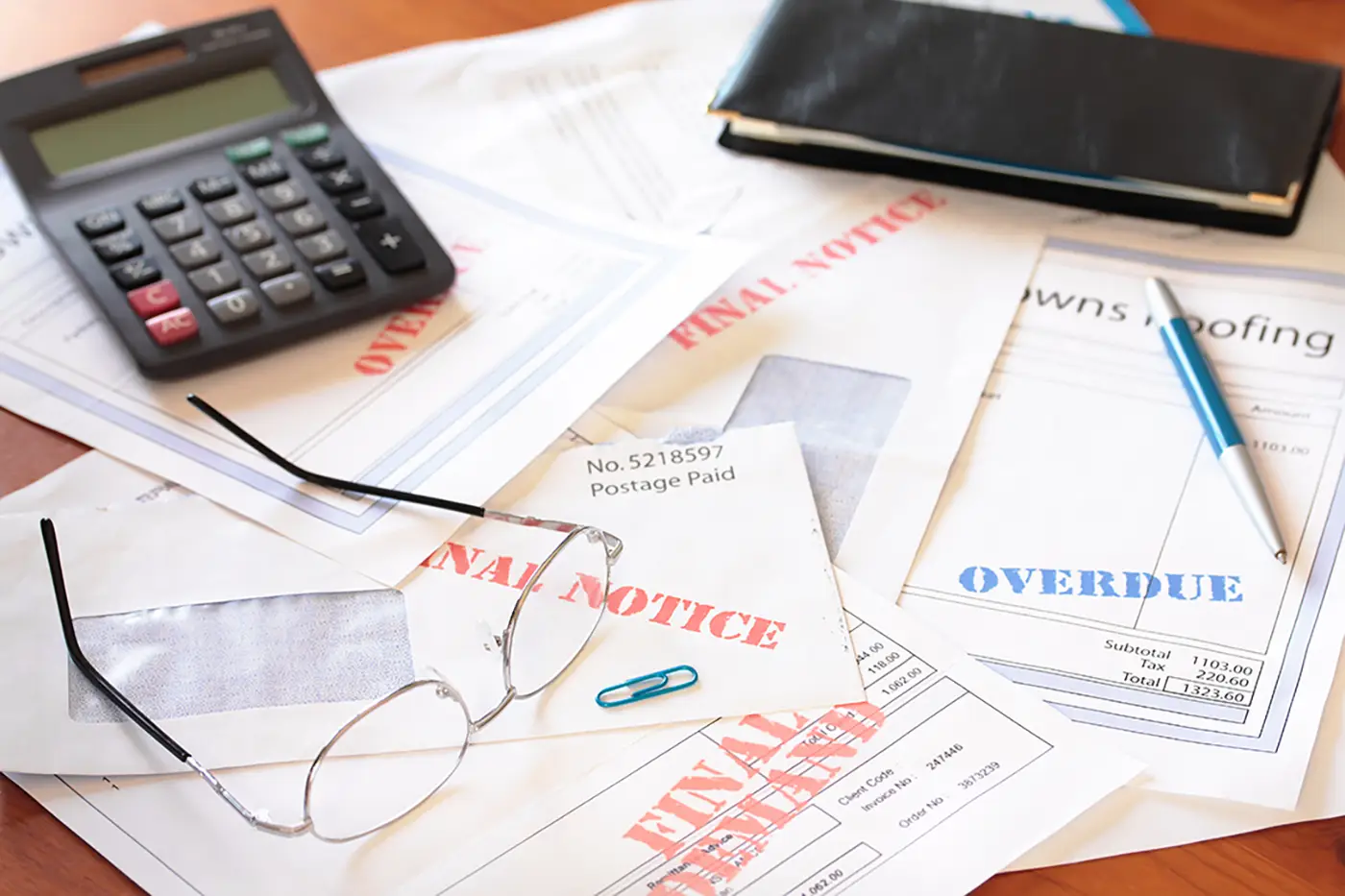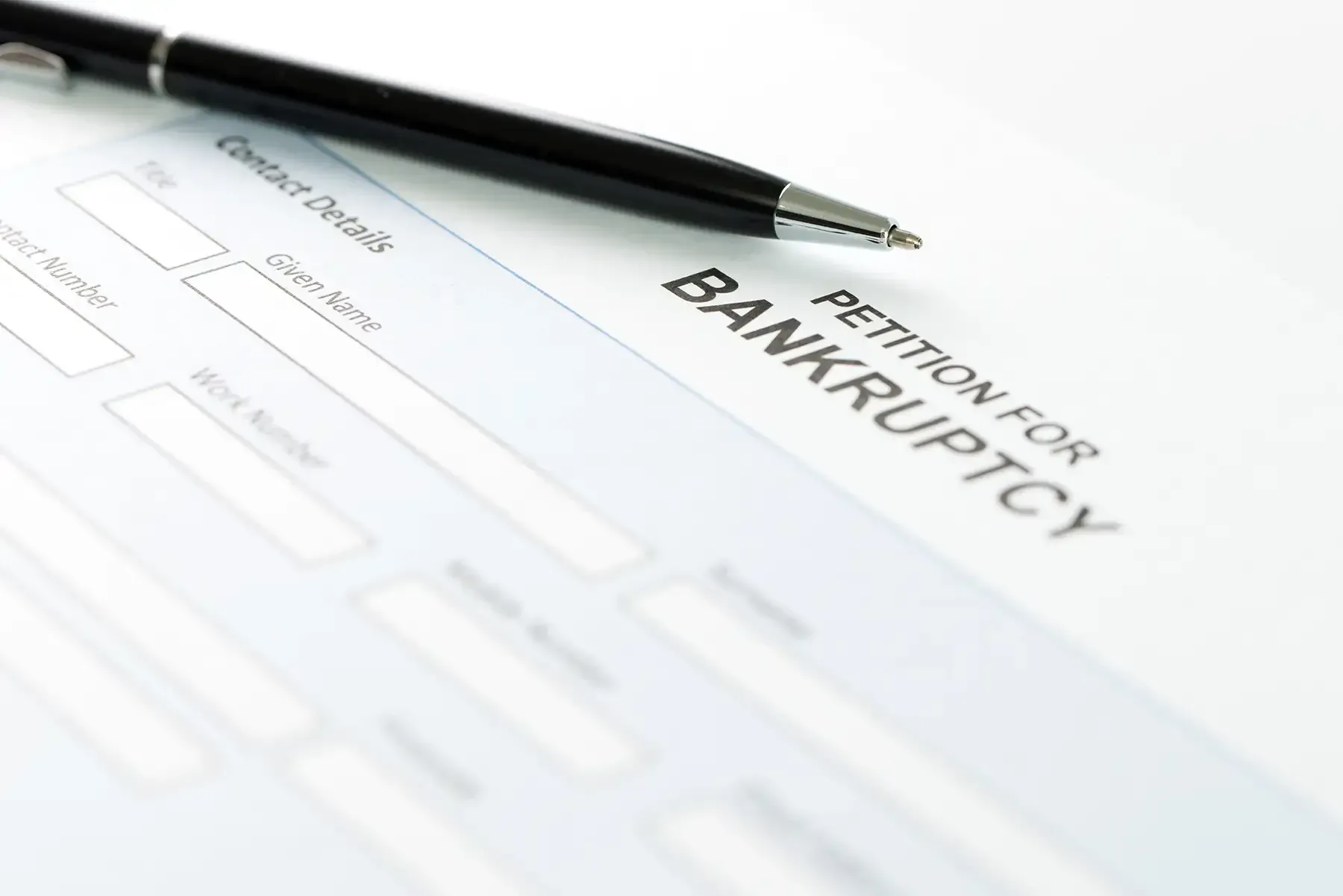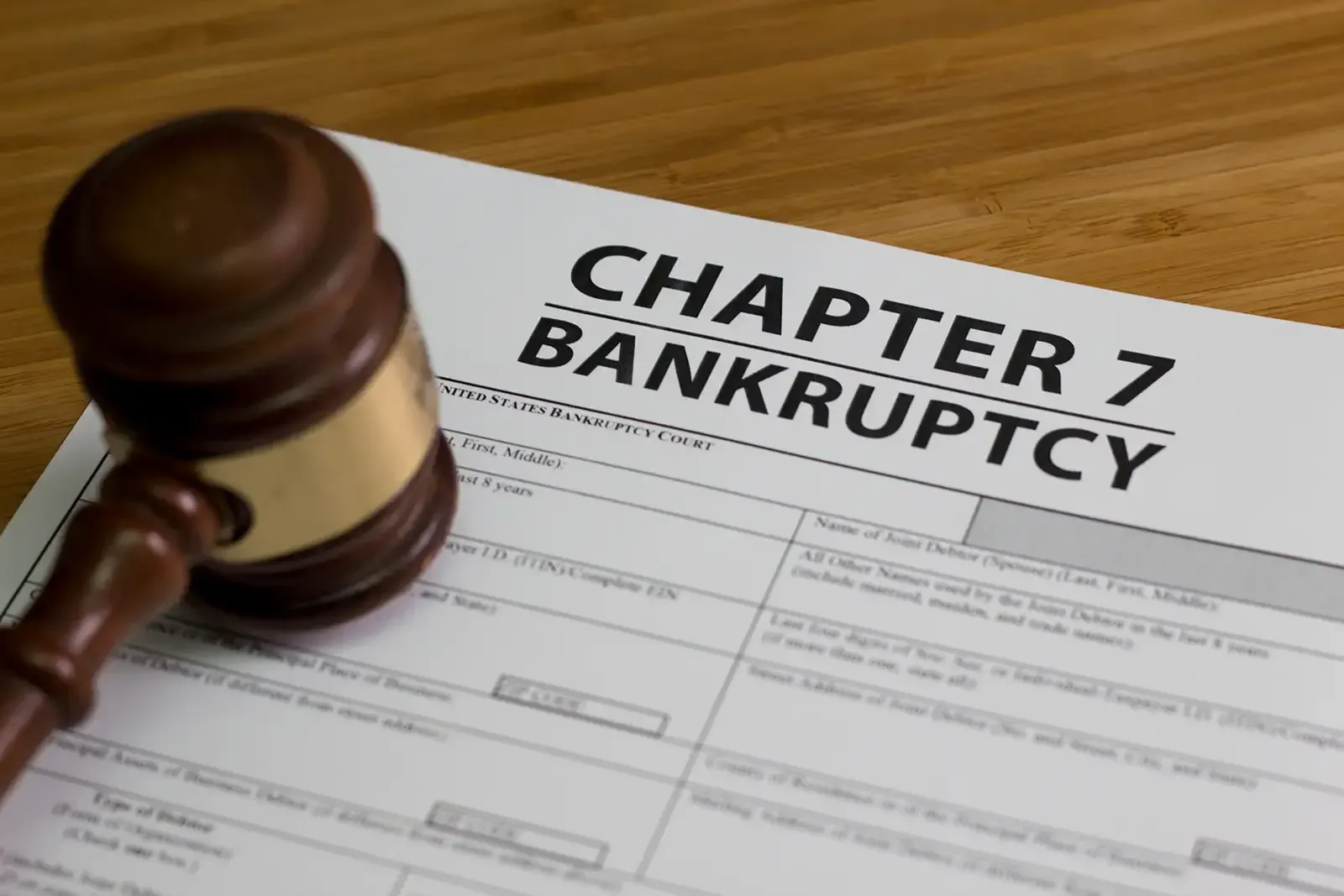What Happens During the Bankruptcy Process?
What Happens During the Bankruptcy Process?
Filing for bankruptcy is a significant decision, often accompanied by a sense of uncertainty and confusion. If you are struggling with overwhelming debt and considering bankruptcy as a solution, it’s important to understand what the process involves. The Law Office of Erick DeLaRue, PLLC, serving clients in Utah, is here to guide you through the complex bankruptcy process. In this blog post, we’ll walk you through what happens during a bankruptcy filing so you can make informed decisions about your financial future.
Step 1: Assessing Your Financial Situation
Before beginning the bankruptcy process, you’ll first need to assess your financial situation. It’s crucial to evaluate your debts, assets, income, and expenses. This step will help you understand whether bankruptcy is the best option for you. It also allows you to decide which type of bankruptcy—Chapter 7 or Chapter 13—may be most beneficial. Chapter 7 is typically for those with lower income and fewer assets, while Chapter 13 is for individuals who have a reliable income and need more time to repay their debts.
Step 2: Hiring an Experienced Bankruptcy Attorney
Once you’ve decided that bankruptcy may be the right path, the next step is to hire an experienced bankruptcy attorney. An attorney at The Law Office of Erick DeLaRue, PLLC, will be able to guide you through the process, help you understand the legalities, and represent your best interests. Your attorney will work with you to complete the necessary paperwork and ensure that you are in compliance with the bankruptcy laws in Utah.
Step 3: Filing the Bankruptcy Petition
The bankruptcy process begins when you file a petition with the bankruptcy court. This petition includes detailed financial information about your debts, assets, income, and expenses. You will also need to provide documents such as tax returns, pay stubs, and bank statements. The filing of the petition marks the official start of the bankruptcy process and triggers an automatic stay. This stay immediately stops creditors from pursuing collections, such as phone calls, lawsuits, and wage garnishments.
Step 4: Attending the 341 Meeting of Creditors
Once your bankruptcy petition is filed, you’ll be required to attend a 341 meeting of creditors, also known as a creditor meeting. During this meeting, a bankruptcy trustee will review your petition and ask questions about your financial situation. Creditors may also attend and ask questions, but they rarely appear. This meeting is typically straightforward and takes place within a few weeks after filing.
Step 5: The Bankruptcy Trustee Reviews Your Case
After the 341 meeting, the bankruptcy trustee will review your financial situation in detail. The trustee’s role is to ensure that your bankruptcy case is in order and that your creditors are treated fairly. In Chapter 7 cases, the trustee may liquidate certain non-exempt assets to pay off your creditors. In Chapter 13 cases, the trustee will work with you to create a repayment plan based on your income and expenses.
Step 6: Completion of the Bankruptcy Process
For Chapter 7 bankruptcies, the process typically concludes within a few months after the 341 meeting. Once the trustee has liquidated any non-exempt assets and paid creditors, the remaining eligible debts are discharged, meaning you are no longer legally required to repay them.
For Chapter 13 bankruptcies, the process lasts 3 to 5 years, during which time you will follow the repayment plan established by the court and trustee. Once the repayment plan is complete, any remaining eligible debts will be discharged, and you will be debt-free.
Step 7: Rebuilding Your Credit and Moving Forward
Although bankruptcy offers a fresh start, it is important to take steps to rebuild your credit once the process is complete. Start by paying bills on time, reducing your debt load, and using credit responsibly. With time and diligence, your credit score can improve, and you can regain control of your financial future.
The bankruptcy process may seem overwhelming, but with the help of a trusted bankruptcy attorney, you can navigate it smoothly and with confidence. At The Law Office of Erick DeLaRue, PLLC, we specialize in helping individuals throughout Utah who are struggling with debt. If you are considering bankruptcy or have questions about your financial situation, contact our office today for a consultation. We are here to help you get the fresh start you deserve.
